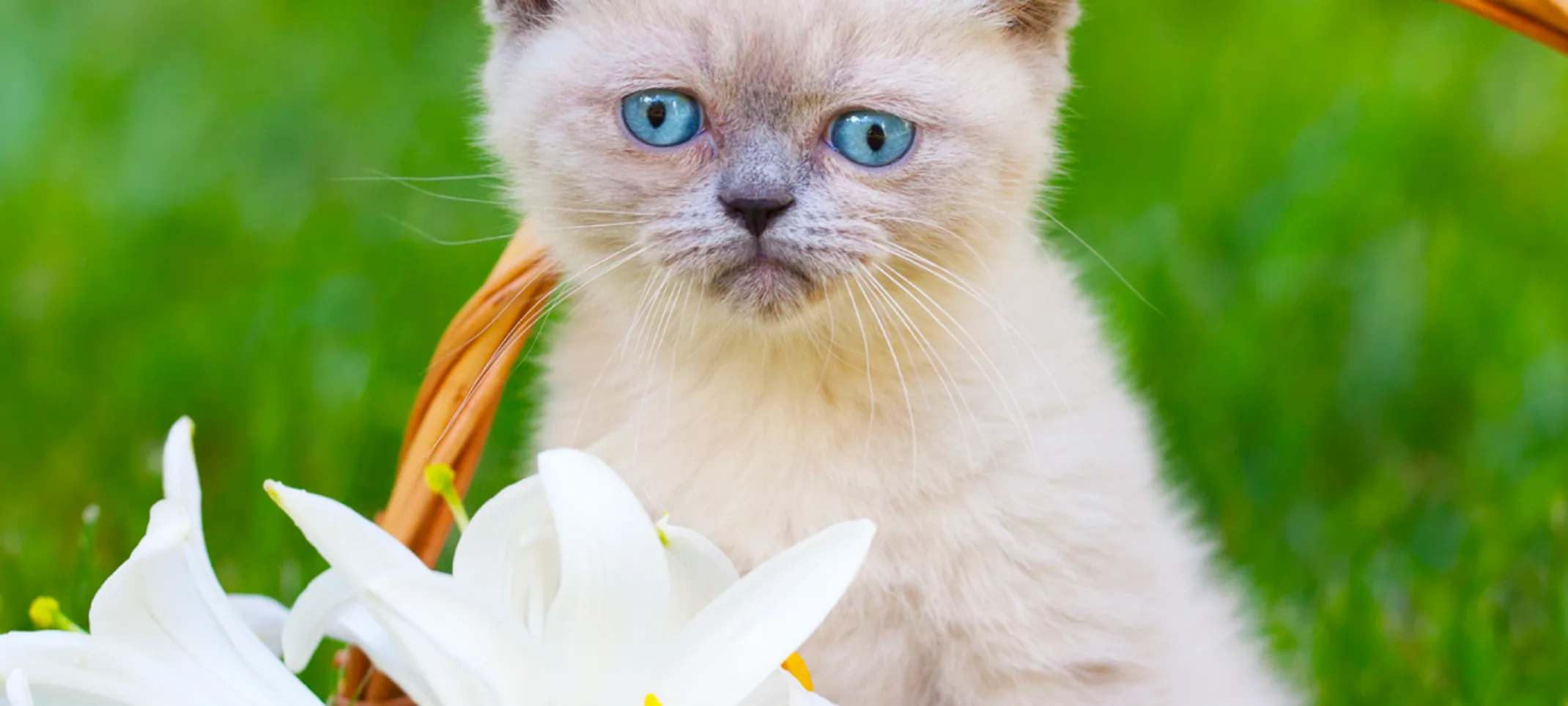I-20 Animal Medical Center
Lily Toxicity In Cats

Lily Toxicity in Cats
Lily plants are highly toxic to cats.
The flowers are beautiful, but even small amounts of the flower or plant can cause kidney failure in cats. Toxicity can occur even when your cat eats less than one leaf. All parts of the plant is considered toxic, even the pollen. Bathe your cat immediately if they come in contact with pollen that has fallen off the plant.
Symptoms can occur rapidly- within a few hours there may be salivation, vomiting, anorexia and abdominal pain (depending upon how much your cat ate). It is extremely important that treatment is initiated within 6 hours (and do not assume your cat is OK if not showing clinical symptoms. The SOONER treatment is initiated the less chance of permanent kidney damage. If treated quickly, there will not be kidney damage. The longer treatment is delayed the more likely that there will be varying degrees of kidney damage.
Treatment consists of the induction of vomiting, administering activated charcoal to counteract the toxicity and aggressive fluid therapy for 48 to 72 hours. Aggressive fluid therapy is crucial to prevent kidney failure. Easter lilies, Daylilies, Tiger lilies, Stargazer lilies and Asiatic lilies are some of the lilies that are deadly to cats. Not all plants called lilies are true lilies. Calla lilies and Peace lilies cause indigestion and gastrointestinal upset. Lily of the valley plants produce a toxicosis similar to digitalis. However, since cats tend to be inquisitive the best recommendation may be to just avoid Lily flowers or plants all together if cats are part of your family.
